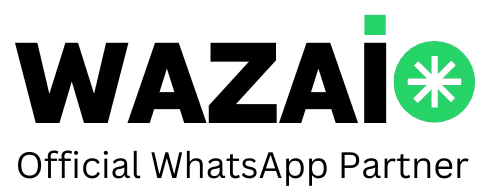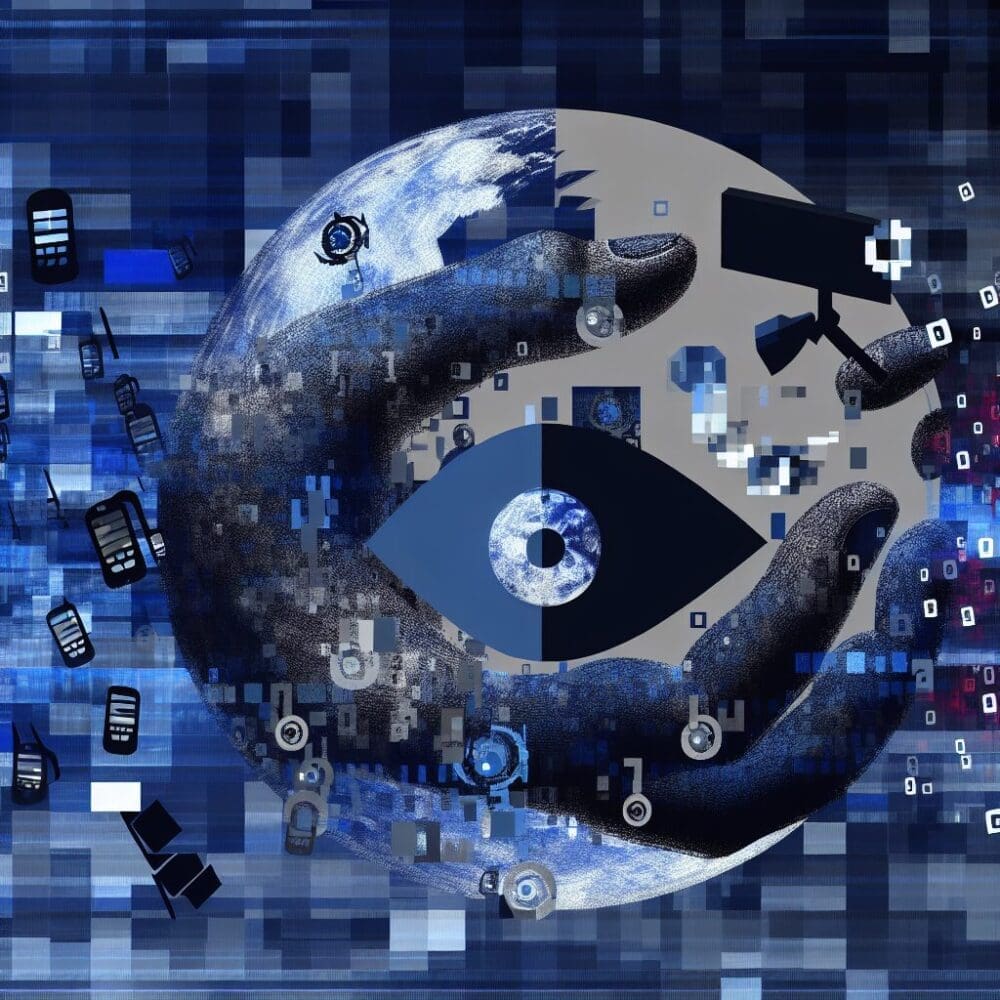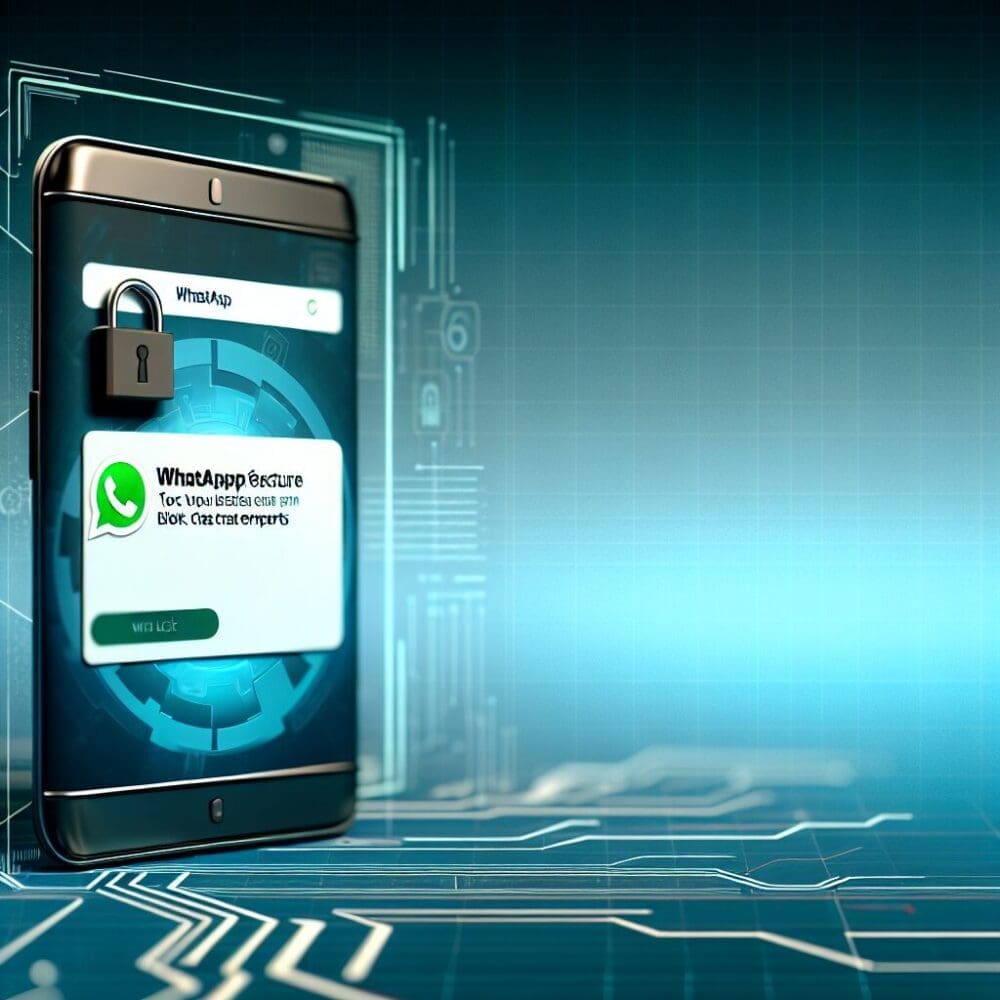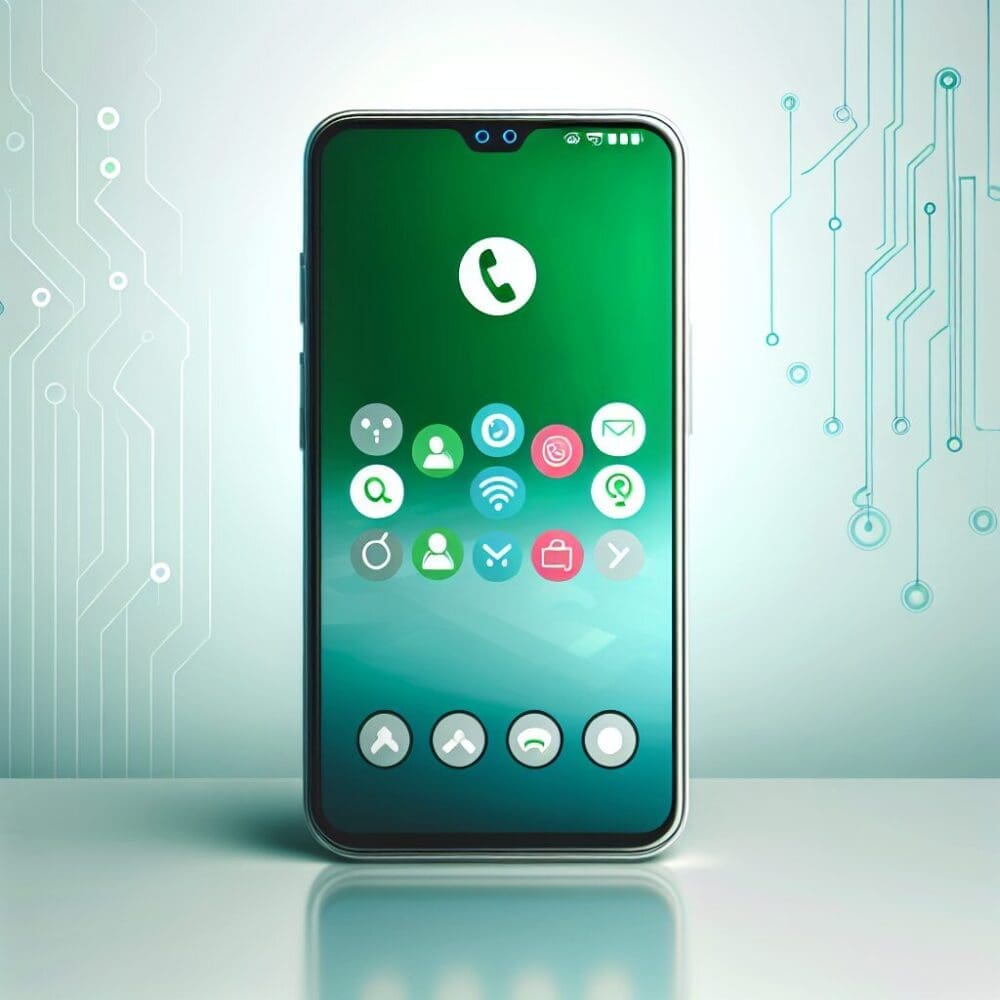“`html
WhatsApp Lawsuit Unveils 1,400 Pegasus Spyware Infections Worldwide
In a groundbreaking legal confrontation, WhatsApp, the popular messaging service owned by Meta (formerly Facebook), has brought to light a chilling violation of cybersecurity protocols through a lawsuit that discloses the infection of 1,400 devices worldwide with Pegasus spyware. This revelation not only raises significant privacy concerns but also underscores the growing threats posed by sophisticated surveillance technologies.
Understanding Pegasus Spyware: What is it?
Pegasus spyware, developed by the Israeli company NSO Group, is one of the most advanced and covert surveillance tools in the world. Initially marketed to government agencies for tracking terrorists and criminals, it has allegedly been used beyond its original scope, infiltrating the devices of journalists, activists, and political figures.
How Pegasus Operates
Pegasus is notorious for its stealth capabilities. Once installed on a device, it can access a wealth of data, including:
- Call logs and contact lists
- Text messages and email content
- Photos and videos
- GPS location
- Microphone and camera access
These capabilities turn any infected device into a potent surveillance tool, capable of monitoring the most intimate aspects of a person’s life without their knowledge.
The Core Allegations of WhatsApp’s Lawsuit
The lawsuit filed by WhatsApp in a California federal court alleges that NSO Group exploited a vulnerability in WhatsApp’s video call feature to distribute Pegasus spyware. Through missed calls on the app, users’ devices were infected without any need for interaction, making detection and prevention exceedingly difficult.
Key allegations include:
- NSO Group’s direct involvement in the spyware attacks.
- Infection of 1,400 smartphones within a two-week period in April and May 2019.
- Targeting of human rights defenders across multiple countries.
The Global Impact
The implications of these revelations are staggering. Victims of the spying include journalists, activists, and political dissidents from various corners of the world, highlighting a grave threat to democratic freedoms and individual privacy.
Legal and Ethical Implications
The legal battle between WhatsApp and NSO Group underscores the tension between national security interests and individual privacy rights. With governments claiming it as a tool for law enforcement, the ethical ramifications are extensively debated.
WhatsApp’s Response
WhatsApp has taken robust action to safeguard its users, including:
- Immediate patching of the exploited vulnerability.
- Legal pursuit against NSO Group for accountability.
- Cooperation with human rights groups to ensure user safety and reporting on potential abuses.
In a statement, WhatsApp emphasized its commitment to privacy, stating that it’s imperative to combat unlawful hacking and unauthorized surveillance.
Cybersecurity in the Age of Surveillance
The WhatsApp lawsuit serves as a wake-up call for the tech industry and governments worldwide about the pressing need for stronger cybersecurity measures. As surveillance technologies become more advanced, so must the security frameworks protecting individual data integrity.
Steps for Users to Enhance Security
While tech companies bolster their defenses, individuals also need to adopt precautionary measures:
- Regularly update software to close security gaps.
- Enable two-factor authentication on all accounts.
- Avoid suspicious links and unknown call links.
- Utilize reputable antivirus software on all devices.
The Road Ahead
The situation surrounding the Pegasus espionage scandal is still unfolding, with new details emerging about how pervasive this surveillance tool has become. The outcome of the lawsuit could set precedents for future cases involving digital privacy invasions and tech company liabilities.
Moreover, the ethical considerations and potential regulations from governments will significantly shape the future of digital privacy and surveillance technology.
Global Regulatory Actions
In response to these developments, several global entities are exploring new regulations to better control the use of surveillance technology:
- Establishing stringent oversight for technology used in law enforcement.
- Setting international norms for the deployment and sale of spyware.
- Strengthening privacy laws to safeguard individuals against unwarranted surveillance.
The Pegasus controversy has amplified the discourse on essential digital rights. In the digital age, maintaining privacy and security has become a top priority for both individuals and technology providers.
Conclusion
The WhatsApp lawsuit against NSO Group is more than just a legal battle; it is a clarion call highlighting the profound impacts of technology on privacy rights. As stakeholders navigate this complex landscape, the need for balance between security and privacy has never been so crucial.
For those concerned about their privacy in an increasingly digital world, staying informed and vigilant is the first line of defense against threats like Pegasus. The conversation around digital security and ethics continues, shaping the evolution of global policies and practices to safeguard individuals and societies alike.
“`



